The uncertainty Trump creates around him ‘is his tactical advantage’, says former NSA boss Mike Rogers

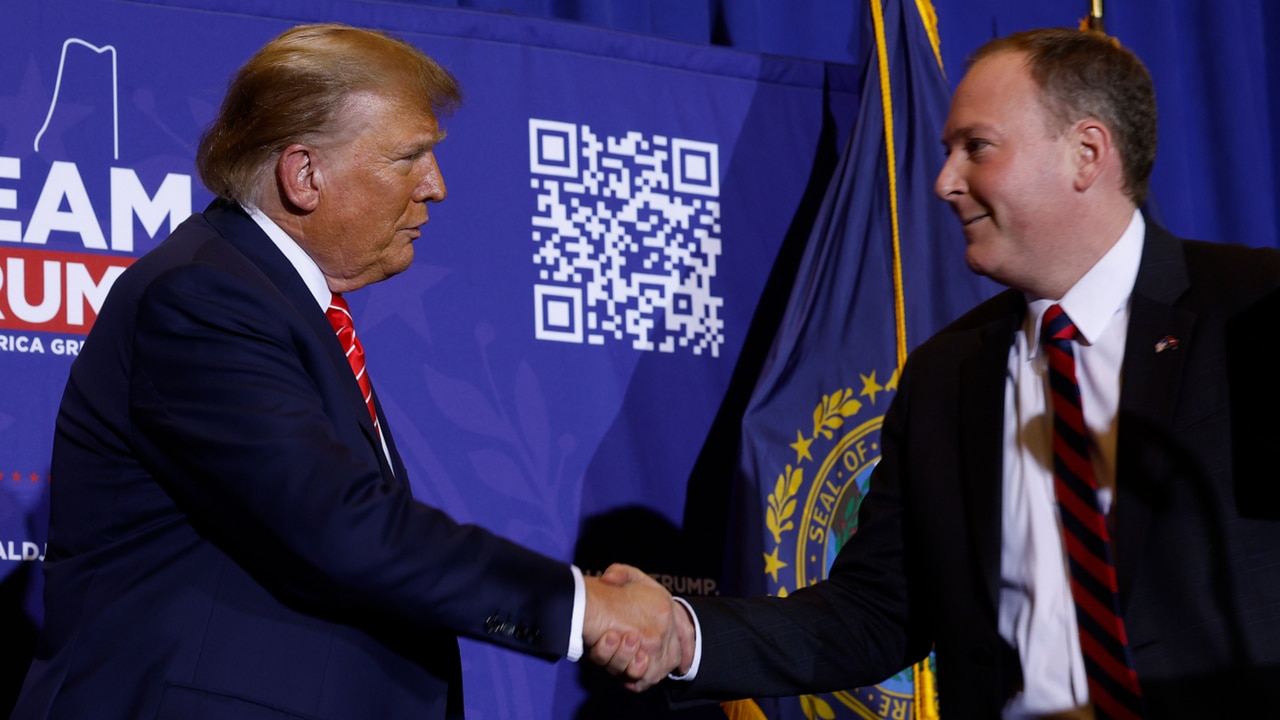
The retired four-star admiral has seen a naval and military career that has spanned taking charge of destroyer-class warships in his 20s right through to running the National Security Agency, the intelligence arm of the US Department of Defence, under Trump and Barack Obama. He also headed up the Cyber Command, one of the combat commands of the US Defence Department.
“(Trump) is fundamentally two things: No.1, he likes a measure of uncertainty. He believes it gives him an advantage. He is a leader who is very comfortable with uncertainty, who in some ways almost likes to cultivate it,” Rogers says.
“And secondly, he loves eliciting a reaction, so he will often say things in part because he knows this will elicit a response.
“I remind people, you are going to have to separate what he says from what he does because they are not always the same thing.”
Rogers is speaking to The Australian on the sidelines of the UBS Australasia conference, where the former general was among the keynote speakers.
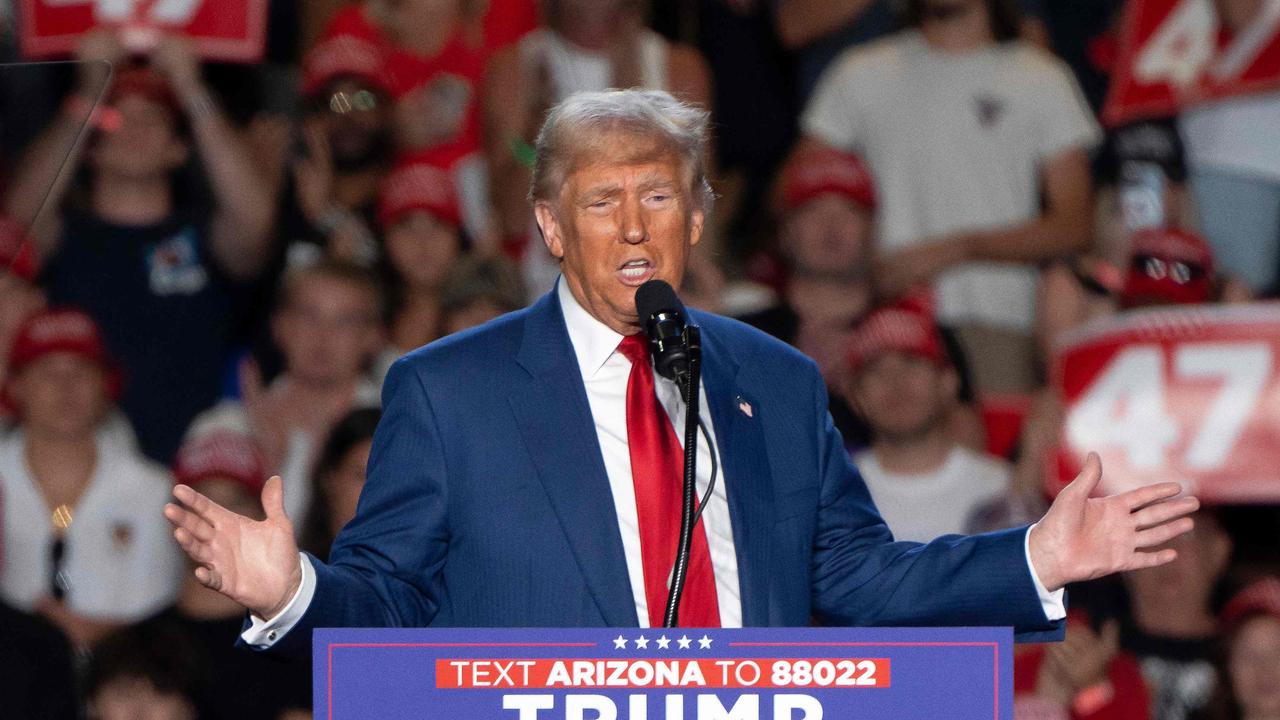
Rogers points out while Trump publicly sided with Russian President Vladimir Putin in 2018 against FBI claims of Russian interference during the election, during his first year in administration Trump implemented more sanctions against Russia than Obama had done in his entire second term.
Rogers, who also consults for former Liberal treasurer Joe Hockey’s Bondi Partners, is increasingly finding himself in demand from businesses looking to make sense of geopolitics. It never used to be like this, with business able to avoid the lane of global politics, but now it is blended like never before.
With the election that delivered the re-election of Trump less than a week old, Rogers tells The Australian the result – regardless of which way someone voted – ultimately delivered a clear outcome. This is a good thing for the US and its institutions, that the result is not in dispute.
And based on the election outcome that delivered Trump the popular vote, the Senate, and with a close contest still under way in the House of Representatives, Trump will come into office with a view that “he has been given a mandate for change”.
“That’s what I fully expect, he begins on his first day with that in his mind,” Rogers says.
The new president will take charge amid a myriad of global conflicts and unresolved tensions with China. And because many of these stresses also represent economic and cyber vulnerability, all businesses are finding themselves trying to navigate a world of geopolitical tension unlike any period before.
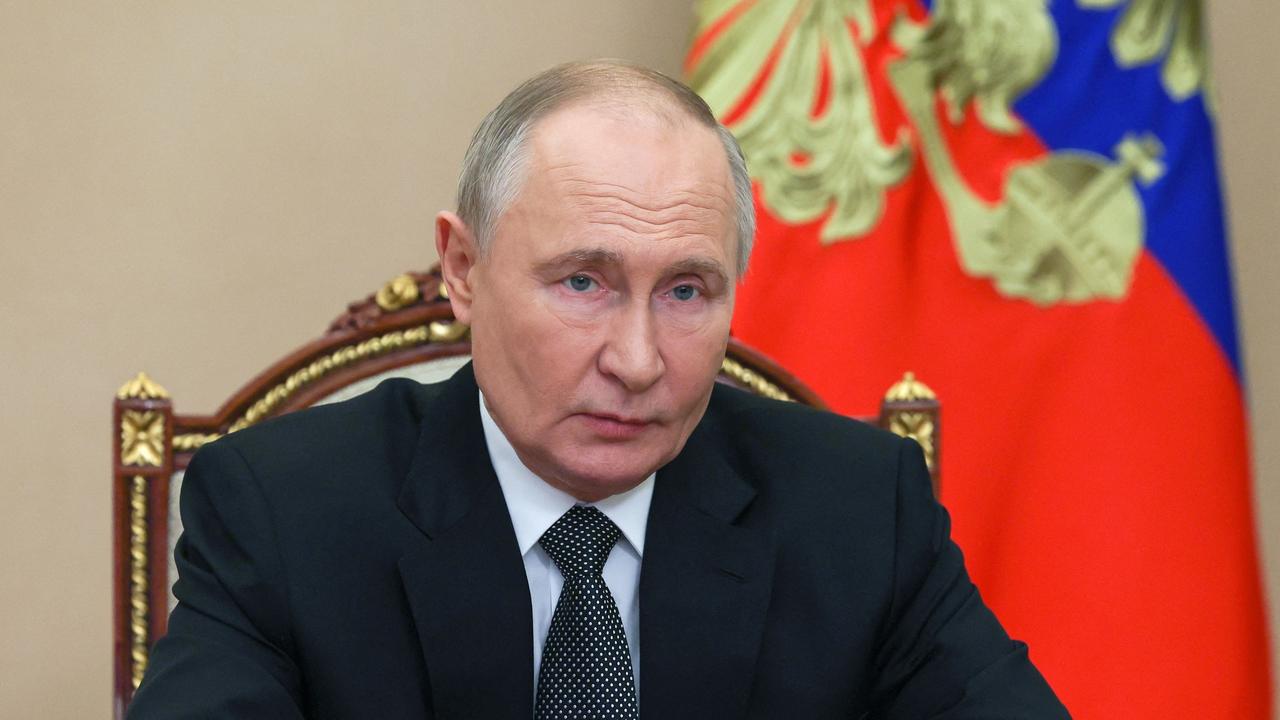
Rogers recalls briefings and recommendations under the Obama administration when there seemed to be defined space between where something was foreign policy and the impact on economics.
“That’s not the case today. Now we look at national security more broadly,” he says.
Actors such as Russia or China have both military clout but also technological strength and the ability to be economically disruptive. China in particular, is hyper-connected with the rest of the world, Rogers adds.
“When you live in a world in which there’s some measure of economic fragility, when you live in a world in which there are multiple single points of failure, friction, disruption becomes really challenging and really problematic, and it’s hard to isolate yourself from this disruption, from this impact, because we built these business models that are so connected,” he says.
“It’s generated great economic prosperity, but we always thought to ourselves, we could do it this way, in part because we had a high confidence level and a high assurance that there’d be no interruptions in the flow.”
The interconnectedness of geopolitics also means the rise of cyber as a threat for all walks of business. He points out that Australia is now part of this theatre, with increased attacks similar to the scale of what happened to Medibank or telco Optus in the past year.
At NSA and CyberCom, Rogers studied cyber attacks deeply, as someone in charge of a defence response considered the attacks from all sides.
He points out in the cyber world it is much easier to play attack than defence. However, one thing often missing from the discussion around cyber is resilience.
That is to assume an adversary or bad actor gets into a network, which means to focus efforts on the speed of full recovery while slowing or isolating the extent of an attack.
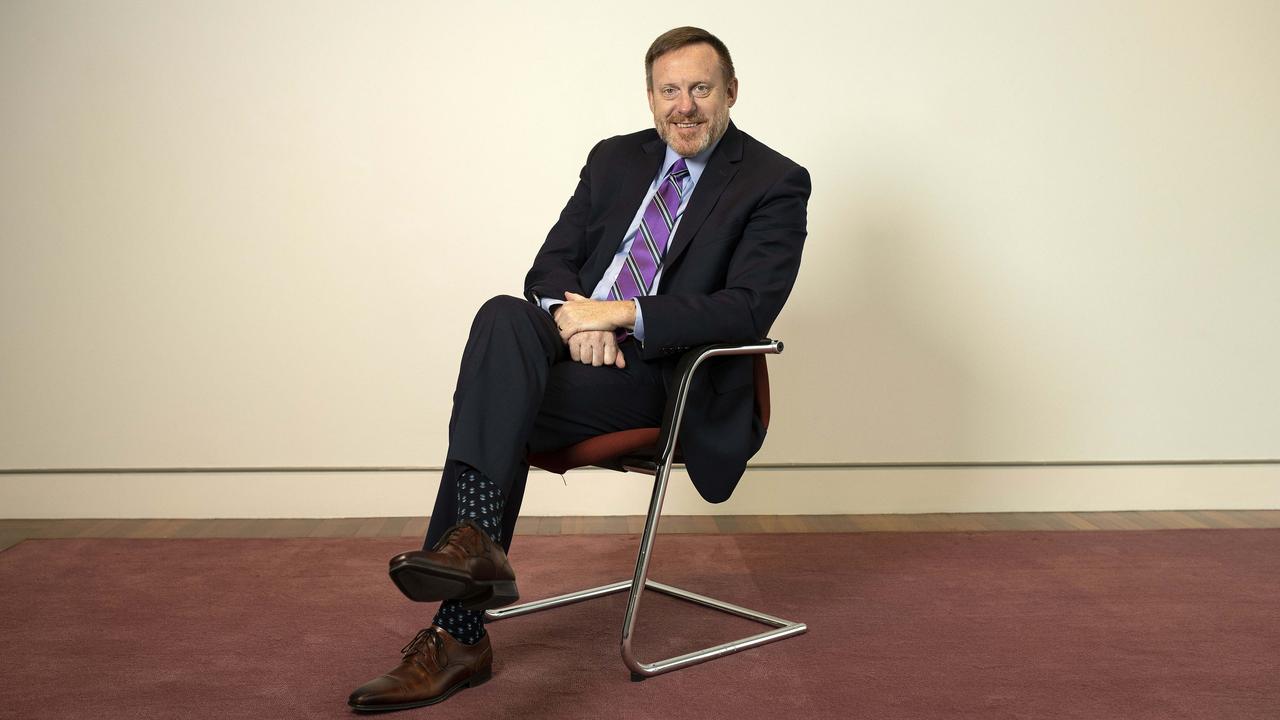
The breed of cyber criminals today are not necessarily explicitly supported by states, but find tactical protection from nation states. There’s no coincidence that the single great concentration of criminal actors in cyber in the world exist in Russia, parts of Eastern Europe and China.
Why? Because those nation states generally believe the kind of activity that creates economic anxiety in the West is in their best interests, Rogers says.
As Trump prepares to take charge, what is the main international focus the new president?
Without a doubt, China and the Asia-Pacific is likely to get the most attention, Rogers says. “It’s the largest economic engine in the world,” he says. “It contains several of the largest economies in the world. It seems to offer the greatest potential for growth … it’s also at the moment where we probably have one of the most significant differences in terms of certainly the US and China.”
The military and economic influence of China makes it a risk, while trade and tariff policy represents an opportunity for the US.
This makes Australia and Japan pivotal partners in the region, which means alliances such as the Quad alliance and AUKUS will be supported.
And it won’t be forgotten that both countries’s relationships with Trump during his first administration were among the best in the world.
Russia and Ukraine represent another big area of tension, although Trump has long sought to set a different relationship with the Russians without the confrontation. Russia has significant resources, from energy to minerals, and from Trump’s view the question was never asked around how the relationship could be managed in the best interests of the US.

Finally, the Middle East, where Trump is likely to see an opportunity to bring stability. This includes wanting to finish the Abraham Accords he started working on during his first term.
Iran “is going to be a big deal for him,” Rogers adds, which also means the incoming president is likely to be outwardly more aggressive towards the country.
What should business make of all this global complexity?
Rogers says the best lesson here is drawn from his days in the military. “How you perform in a crisis is directly tied to how much time and energy you put in ahead of a crisis,” he says.
“This is the reason behind why in the military we were obsessed with training, planning and education. We tried to constantly say to ourselves, how can we better understand the world around us”.
He says the US military and its strategists didn’t always anticipate every scenario or get it all right, but the preparation in working through problems and providing flexibility around workforce and allocation of resources put them in a better position to execute.
“It’s the same in business: You’re trying to understand the risk and what’s the best way for me to mitigate it at the same time?”
“I always remind people there’s a flip side to uncertainty and unpredictability: that’s opportunity”.
johnstone@theaustralian.com.au


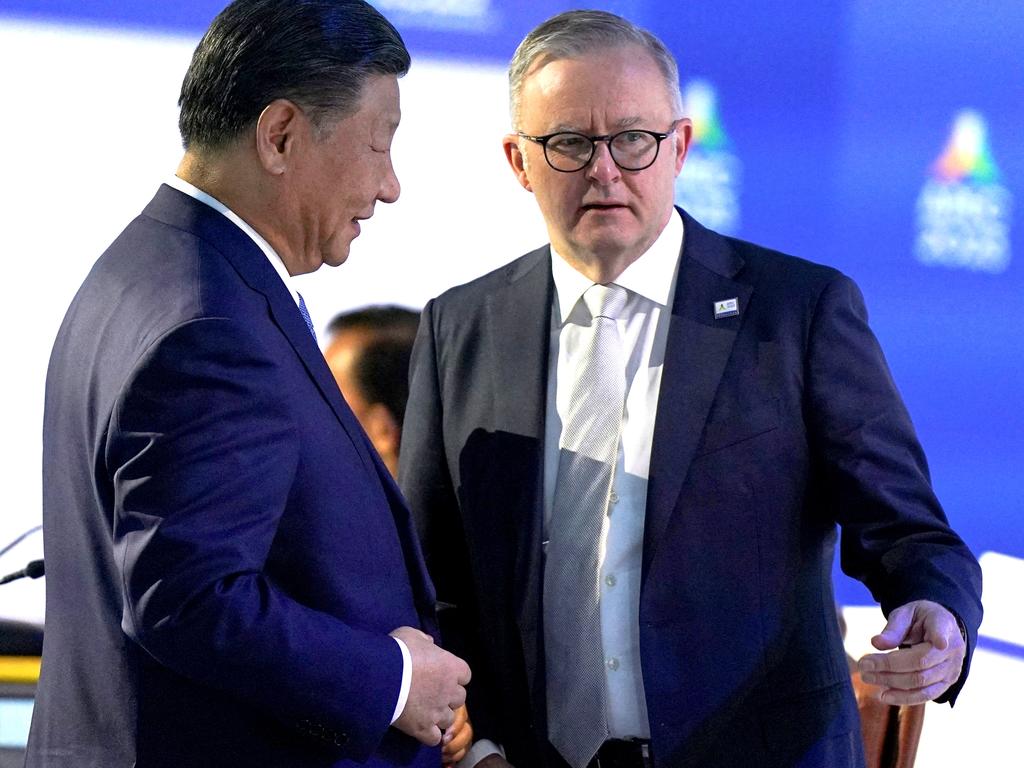


Mike Rogers has worked up close with Donald Trump in the White House and says there are two important lessons to remember when you sit on the other side of the desk from the president.